jany robiać z hary piramidu (2018)
Gênero : Música
Runtime : 1M
Director : Antos Sivyh
Sinopse
a visualization of a poem telling a story of making a piramid out of a mountain

An American poet living in Berlin hopes to win a prestigious grant while dealing with her former relationships, a rival poet, and her own penchant for stealing things.
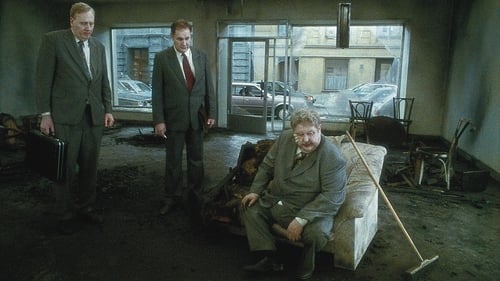
Num fim de tarde, algures no nosso hemisfério, tem lugar uma estranha série de acontecimentos ilógicos: um amanuense é despedido de modo degradante; um imigrante perdido é atacado violentamente numa rua movimentada; um ilusionista comete um erro no seu número... Pelo meio de toda esta loucura, há uma pessoa que se destaca: Karl, coberto pela fuligem do incêndio que ateou para destruir a sua loja de mobiliário e ficar com o dinheiro do seguro. O sono não vem calmamente esta noite aos cidadãos desta cidade. No dia seguinte, os sinais do caos começam a instalar-se, com a loucura a manifestar-se num conselho de administração, e a própria cidade estrangulada por um engarrafamento terrível.

The documentary is titled after Arkadaş Z. Özger’s poem “Hello My Dear” which had caused much controversy in the period it was first published. Considered to be in defiance of heteronormativity, the said poem includes references to the poet’s personality, his family, his relationship to the society, and his “unexpected” death, which came three years after its publication. Today, 50 years after it was written, the documentary follows these same lines in the poem utilising cinematic elements. The documentary also rediscovers the poetics; reaches out to the family, the comrades, the friendships, departing from the official historical accounts, cognizant of his experience of otherness, in pursuit of the “lost” portrait of Arkadaş Z. Özger.
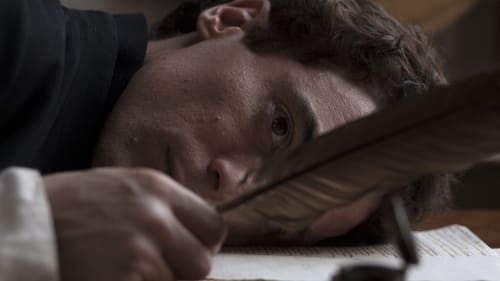
Leopardi (o poeta italiano Giacomo Leopardi) é uma criança-prodígio, a crescer sob o olhar implacavelmente vigilante do seu pai, numa biblioteca a que chama casa. A sua mente corre livre mas a vida familiar aprisiona-o: é um leitor ávido mas o mundo está longe. Na Europa, está tudo a mudar, revoluções emergem e Giacomo procura desesperadamente o contacto com o exterior. Aos 24 anos, deixa finalmente Recanati e a alta sociedade abre-lhe as portas, mas o nosso rebelde não se adapta.
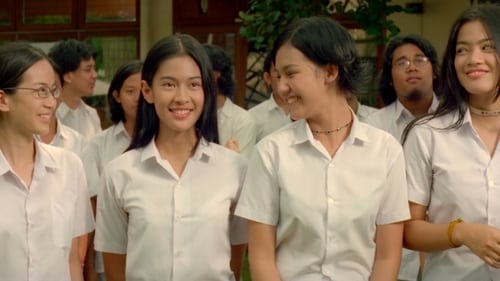
A popular high school girl strains her relationship with her close-knit clique when she begins falling for a reclusive, lower-class schoolmate.
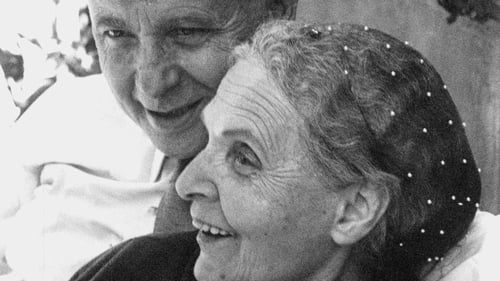
Imagens e poemas do famoso casal Louis Aragon e Elsa Triolet. A juventude de Elsa recordada por Aragon, com comentários dela.

Reading out loud one poem of Andrés Eloy Blanco, titled “Pleito de amar y querer” (Battle between loving and caring).
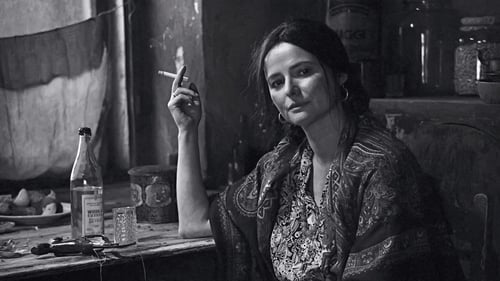
Bronisława Wajs (1908–1987), conhecida como Papusza, é a poeta cigana mais famosa do mundo. Tendo sua vida envolta em mistério na Polônia, ela ganhou fama devido ao talento para a poesia. No entanto, os próprios ciganos a amaldiçoaram por ter traído os costumes e os segredos antigos da sua cultura.


A dramatic recreation of Dylan Thomas' last tour of America, starring actor Bob Kingdom as the Welsh poet. Originally a successful stage production, the show was adapted for this recorded version by renowned actor Anthony Hopkins (in his directorial debut). Dylan Thomas was one of the twentieth century's greatest poets. He was born in the Uplands district of Swansea in 1914 and died in New York in 1953 at the age of 39. Towards the end of his life, Dylan Thomas toured America, performing his works before sell out audiences across the country. The film features the poems "Fern Hill"; "Do Not Go Gently into that Good Night"; "A Poem in October"; "And Death Shall Have No Dominion"; "A Story (The Outing)" and "Return Journey" .

Documentary about Charles Olson, exploring his life and the significance of Gloucester, Massachusetts.
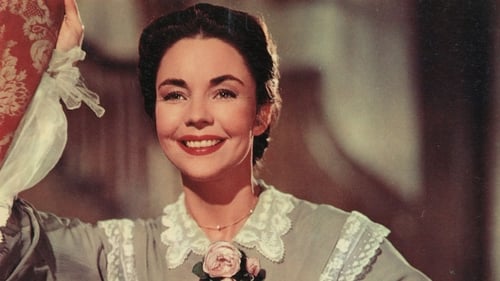
Director Sidney Franklin's 1957 remake of his own 1934 film, about the romance of poets Elizabeth Barrett and Robert Browning.

An animated poem about the fleeting nature of happiness.

This film is dedicated to Mas-Félipe Delavouët, the poet discovered by Lawrence Durrell, who wrote 14,000 verses in Provençal over a period of thirty years, and who died on November 18, 1990. "The sky, history and Mediterranean and Provençal myths are the inexhaustable wellspring of this man rooted down there, near Salon-de-Provence" (J.-D. Pollet). "Mas-Félipe Delavouët wrote five books in Provençal, 14,000 verses. A sort of "Odyssey". Of myths. What is stunning in him is that he always talks of disappearances. Cities, works, men, writings, television, etc., everything has to disappear. In order to be reborn. No pain. A sort of hand-to-hand of man and nature. During the filming, I would simply throw out some words... For example, one time I said "creation" and he said: "creation doesn't exist..., creation is before me..., I can only read creation"; this sentence describes Delavouët perfectly (J.-D. Pollet, 1989 and 1993).

A moving recording of the late writer and renowned jazz singer Abbey Lincoln is captured in this new film from Brooklyn-born director Rodney Passé, who has previously worked with powerhouse music video director Khalil Joseph. Reading from her own works, Lincoln’s voice sets the tone for a film that explores the African American experience through fathers and their sons.

As Black and LGBTQ+ History Month begin this February, material science clothing brand PANGAIA leads celebrations with a poetic film that honors these two communities. Following a year of isolation, and with it a deeper understanding of the importance of outdoor spaces and the environment, Wè is a portrait of the self-love and acceptance we have learned to show others and gift to ourselves.

A 1995 Opera Australia performance of Gilbert and Sullivan's classic operetta, recorded at the Sydney Opera House. Bunthorne, a poet worshiped by every lady he meets, loves only one woman: Patience. But Patience does not share the other women's fascination with Bunthorne. She loves Archibald, her childhood friend who is now also a poet.

Michael Strunge and other young Danish poets, accompanied by images of night-time Copenhagen.


Akbari was diagnosed with breast cancer in 2007 and she lost her breasts due to the cancer. After she directed, wrote and acted 10+4 which showed her struggle with the cancer, the depiction of the artists body became central in her works. In the same year, Akbari photographed her own naked body for the photo project titled Devastation. Although it was pretty risky, put herself in danger and prohibited to exhibit Devastation in Iran due to the naked images of her own body, Akbari continued to depict her own body as a new medium and new material so that she provided a video secretly as well. In 2012, after Akbari left Iran due to the barred situation of filmmaking and arresting film makers, she uses the video that shoot secretly from her own body in 2007 and juxtaposed with new images and the song of Ahangaran, who was a singer for the war time between Iran and Iraq. As a result of her action and performance, the video project titled In my country, Men Do Have Breasts happened.















